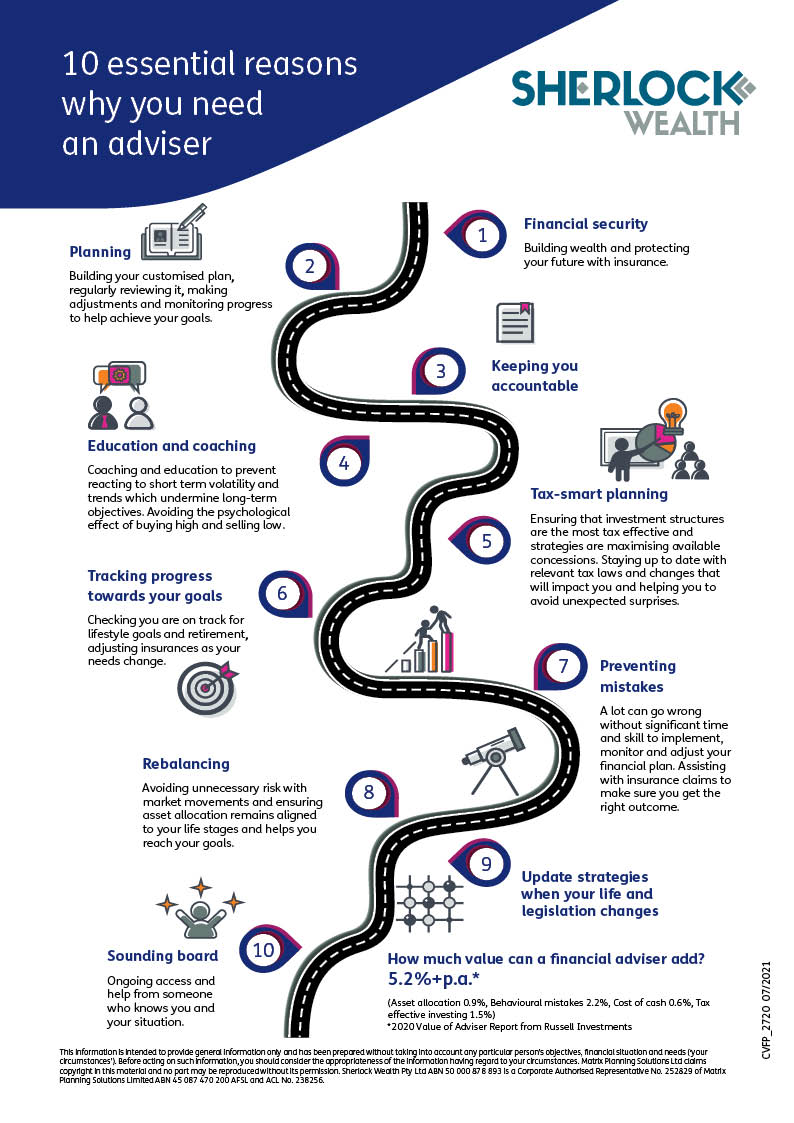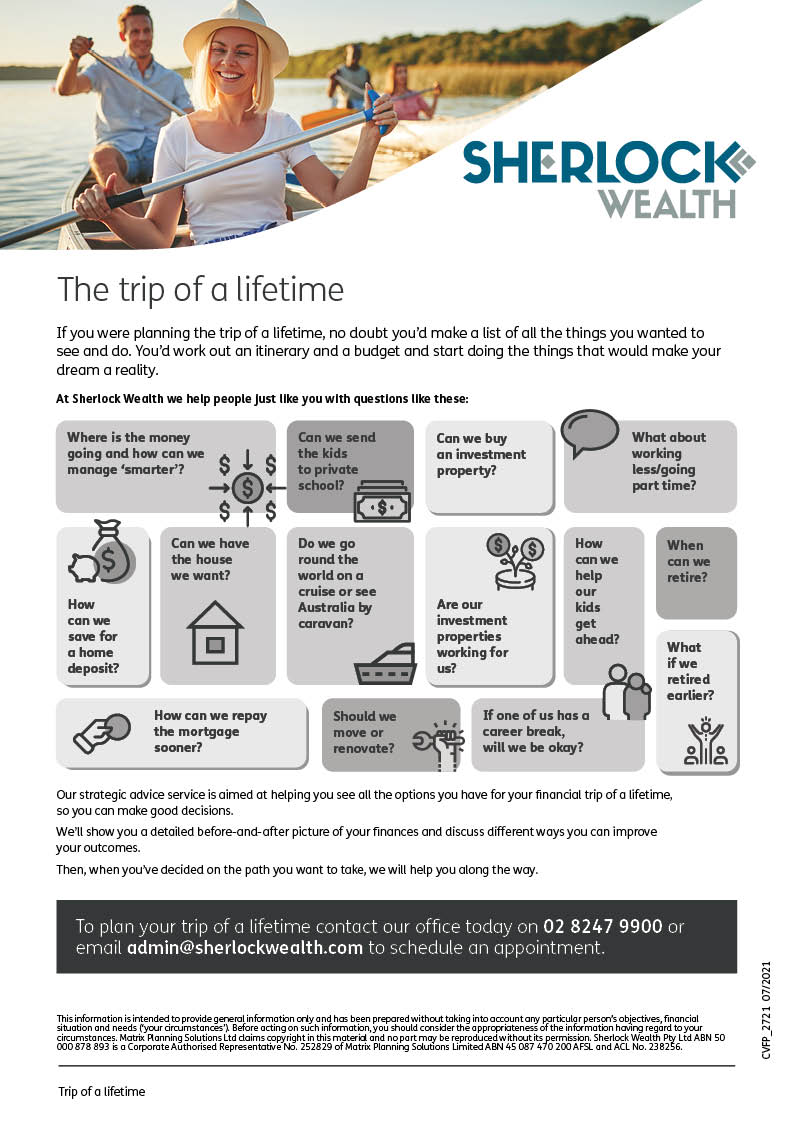
The Government is continuing to tighten the eligibility rules for claiming tax concessions relating to small business capital gains tax (CGT) obligations.
If you qualify, these concessions can have a big impact on how much of the profit from the sale of a business asset you get to keep, and how much goes to the taxman.
Given the generous nature of the concessions, the ATO is keen to ensure they are used appropriately.
Ruling tightens eligibility
Selling an income-producing asset such as property, business equipment or shares at a profit, will create an assessable capital gain. This capital gain is then used to calculate your CGT obligation, which forms part of your annual income tax bill.
Business owners are permitted to use several tax concessions to reduce their CGT obligation, but the eligibility rules can be tricky to navigate.
A new tax determination (TD 2021/2) has further tightened them by clarifying that companies carrying on a business whose only activity is renting out an investment property are not eligible to claim the CGT concessions when the property is sold.
Although this ruling is a big loss for some property investors, it’s worth remembering that if you do qualify, these concessions can substantially reduce – or even eliminate – the CGT payable on the sale of business assets.
Small business and CGT
The four small business CGT concessions are in addition to the normal 50 per cent general discount on CGT applying when you have owned an asset for more than 12 months.
Generally, the concessions apply to any asset your business owns and eventually sells at a profit, provided your annual turnover is under $2 million.
The four small business CGT concessions are:
- The 15-year exemption exempts the capital gain generated on a business asset you have owned for at least 15 years. The sale proceeds can then be contributed into your superannuation account (up to the relevant contributions limit). If you don’t qualify, you can still use the normal 50 per cent CGT general discount first, then use any of the remaining small business concessions for which you qualify.
- The 50 per cent active asset reduction allows you to reduce any capital gain from the sale of an active business asset.
- The retirement exemption applies if you sell an active business asset to retire. In this situation, you receive a CGT exemption up to a lifetime limit of $500,000. One catch, however, is if you are aged under 55. If so, your profit must be paid into a complying superannuation fund. This exemption cannot be used for capital gains from passive investment assets.
- The rollover concession can be used to defer your capital gain from the disposal of an active business asset to a later financial year. You must buy a replacement business asset or make a capital improvement to an existing asset to qualify.
If your business turnover is over $2 million but under $10 million, you may be able to use the small business restructure rollover concession. This permits the transfer of active assets – including CGT assets, trading stock and depreciating assets – from one business entity to another without incurring an income tax liability.
Qualifying for CGT concessions
You can apply for as many of the four special CGT concessions as you are entitled to. In some situations, this can reduce your capital gain to zero. Before applying, you need to meet the basic eligibility conditions for the CGT concessions.
As the release of TD 2021/2 shows, the government regularly tightens the eligibility criteria for these concessions, so if you plan to take advantage of them, ensure you check the qualifying requirements carefully – or speak to us – as the process is quite complex.
Put simply, you must satisfy four basic conditions applying to all the concessions and then check if you meet the additional eligibility rules applying to each CGT concession.
The first condition requires you to be either a small business entity (SBE) with an aggregated turnover of less than $2 million; not carrying on a business but have a ‘passively-held asset’ used in the business as a connected entity; a partner in an SBE partnership; or satisfy the maximum net asset value ($6 million) test.
In addition, the business asset you are disposing of must satisfy the active asset test. If the asset is a share in a company or an interest in a trust, it must meet additional conditions.
The final step covers assets related to membership interests in a partnership. Each step must be considered in the set order before moving to the eligibility criteria for the individual concessions.
If you would like more information about the tax implications surrounding the disposal of your business assets, call us today.
Case study
The tough trading conditions resulting from COVID-19 mean Nasir has decided to downsize his trucking business. He sells an active asset, which is a haulage vehicle he has owned for four years. As a result, he makes a capital gain of $80,000.
At the same time, he makes a separate capital loss of $10,000 when he sells another smaller piece of equipment.
As Nasir satisfies all the eligibility conditions for the normal CGT discount and the small business 50% active asset reduction concession, his capital gain position for these assets is:
| Capital gain | $80,000 |
| Capital loss | $10,000 |
| Take the capital loss away from the capital gain | $70,000 |
| Apply 50% CGT discount ($70,000 x 50%) to the remaining capital gain | $35,000 |
| Apply 50% small business active asset reduction ($35,000 x 50%) to the remaining capital gain | $17,500 |
| Reduced capital gain | $17,500 |
Nasir may be able to further reduce his $17,500 (reduced) capital gain if he satisfies the conditions applying to both the small business retirement exemption and the rollover concession.
As a small business owner do you know what your CGT obligations are? Reach out to the Sherlock Wealth team here to help you get started.
* This case study is for illustrative purposes only. Please seek advice for your specific circumstances.










